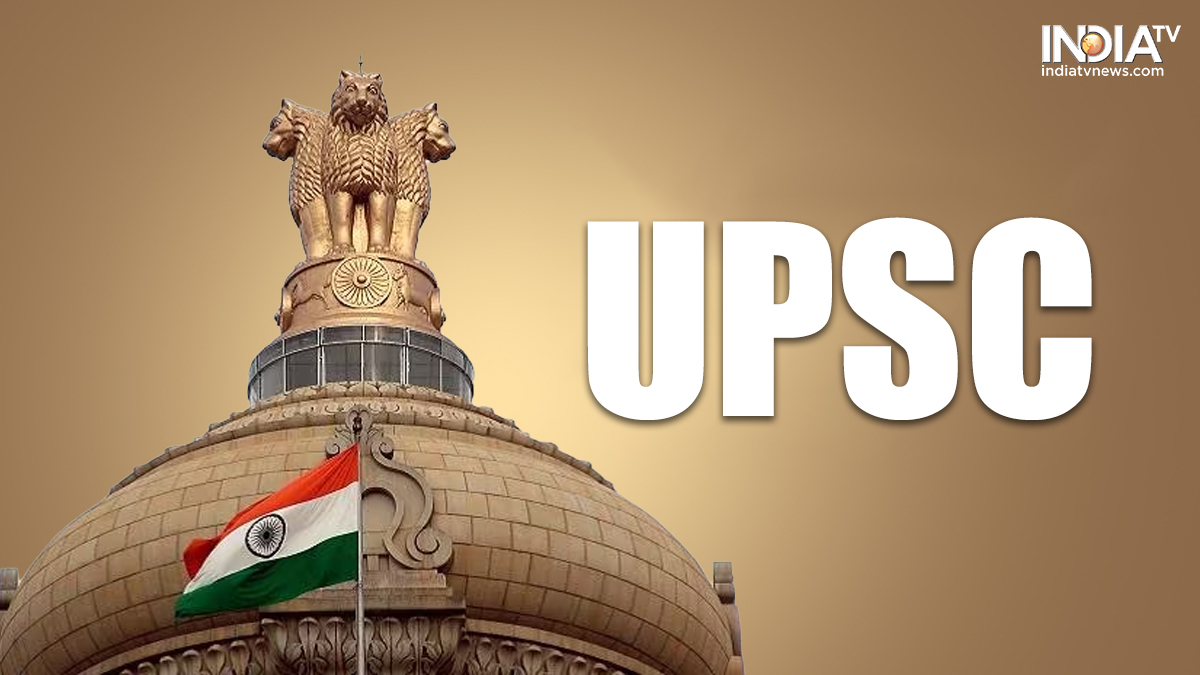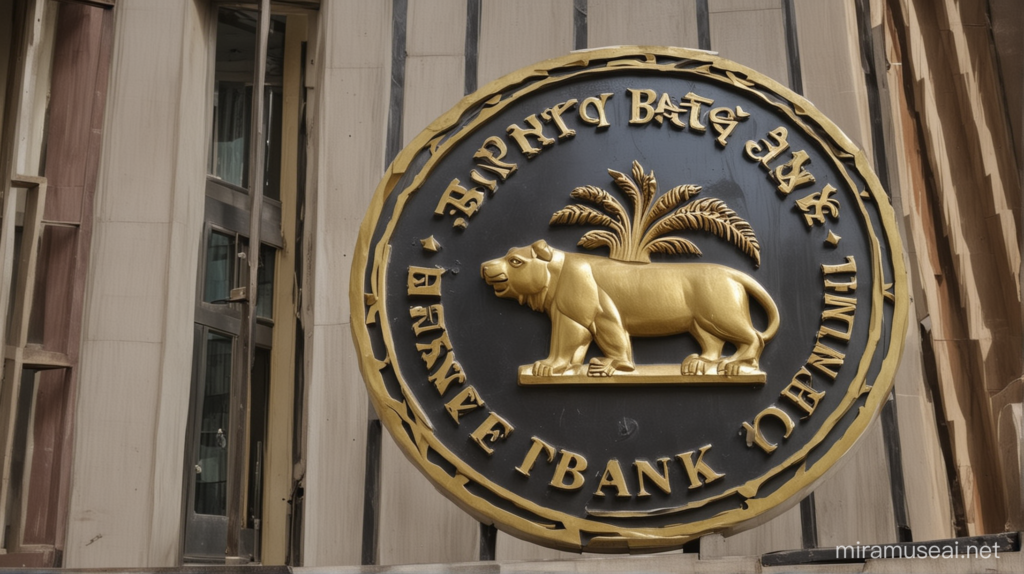The Union Public Service Commission (UPSC) of India is a constitutional body responsible for conducting various prestigious examinations to recruit candidates for civil services and other key government positions. Established under Article 315 of the Indian Constitution, the UPSC plays a vital role in selecting deserving candidates for the country’s administrative, diplomatic, and police services, among others. In this detailed essay, we will explore the history, structure, functions, examination process, and significance of the UPSC in shaping India’s civil services.
History and Establishment
The UPSC traces its roots back to the British era when the British government established the Public Service Commission in 1926 to oversee civil service recruitment in India. After India gained independence in 1947, the Constitution of India provided for the establishment of a Union Public Service Commission to conduct examinations for All India Services and Central Services.
Constitutional Provisions
Article 315 to 323 in Part XIV of the Indian Constitution deals with the UPSC and its functions. The President of India appoints the members of the UPSC, and they hold office for a fixed term as per constitutional provisions. The UPSC is an independent body that functions autonomously in conducting examinations and selecting candidates based on merit and suitability.
Structure of UPSC
The UPSC consists of a Chairman and other members appointed by the President. The current composition includes a Chairman and several members, each with expertise in different fields such as administration, education, law, and public policy. The Commission’s secretariat supports its day-to-day operations, including examination logistics, administrative tasks, and result processing.
Functions and Responsibilities
- Conducting Civil Services Examinations: The UPSC conducts various examinations, including the Civil Services Examination (CSE), Indian Forest Service Examination, Engineering Services Examination, Combined Defence Services Examination, and others, to recruit candidates for different government services.
- Recruitment for All India Services and Central Services: Through its examinations, the UPSC selects candidates for prestigious services such as the Indian Administrative Service (IAS), Indian Police Service (IPS), Indian Foreign Service (IFS), and numerous Central Services like Indian Revenue Service (IRS), Indian Audit and Accounts Service (IAAS), and more.
- Advisory Role: The Commission advises the President and state governors on matters related to civil services appointments, promotions, disciplinary actions, and other service-related issues.
- Conducting Interviews and Personality Tests: Apart from written examinations, the UPSC conducts interviews and personality tests to assess candidates’ suitability, leadership qualities, communication skills, and overall personality traits.
- Rule-making and Amendments: The UPSC has the authority to make rules regarding recruitment procedures, examination patterns, eligibility criteria, and other aspects related to its functioning. It also recommends amendments to existing rules and regulations as necessary.
Civil Services Examinations (CSE)
The Civil Services Examination (CSE) conducted by the UPSC is one of the most competitive and prestigious exams in India. It consists of three stages:
- Preliminary Examination: A screening test comprising objective-type questions to shortlist candidates for the Main Examination.
- Main Examination: A written examination consisting of nine papers, including language papers, essay, general studies, and optional subjects chosen by candidates based on their academic background and interests.
- Personality Test (Interview): Candidates who qualify the Main Examination are called for a personality test (interview) conducted by a board of experts. The interview assesses candidates’ knowledge, understanding, personality traits, and suitability for administrative roles.
Significance and Impact
- Leadership and Governance: Successful candidates in UPSC examinations join various administrative, police, diplomatic, revenue, and other services, playing crucial roles in policy-making, governance, law enforcement, and public administration.
- Merit-based Selection: The UPSC’s rigorous examination process ensures merit-based selection, transparency, and fairness in recruiting candidates based on their knowledge, skills, and abilities rather than nepotism or favoritism.
- Professionalism and Integrity: UPSC recruits are known for their professionalism, integrity, and commitment to public service, contributing significantly to India’s development and welfare initiatives.
- Diverse Representation: The UPSC examinations attract candidates from diverse backgrounds, regions, languages, and communities, promoting inclusivity and diversity in India’s civil services.
- Global Recognition: Indian civil servants recruited through UPSC exams are highly regarded globally for their competence, leadership qualities, and adaptability, representing India’s administrative prowess on international platforms.
Challenges and Reforms
While the UPSC has maintained its credibility and integrity over the years, it faces challenges such as exam logistics, syllabus updates, technological integration, and addressing aspirants’ concerns regarding exam patterns and coaching disparities. The Commission periodically reviews examination processes, syllabi, and evaluation methods to ensure relevance, fairness, and transparency.
Technological Initiatives
The UPSC has embraced technological advancements to streamline examination processes, improve accessibility, and enhance transparency. Initiatives such as online application processes, e-admit cards, digital question paper distribution, and result declarations online have simplified the examination journey for candidates and reduced administrative burdens.
Coaching Industry and Aspirant Support
The UPSC examinations also fuel a robust coaching industry across India, with numerous coaching institutes offering guidance, study materials, and mock tests to aspirants. While coaching can be beneficial, efforts are ongoing to bridge the gap between coaching-based learning and self-study approaches, promoting a level playing field for all aspirants.
Conclusion
The Union Public Service Commission (UPSC) plays a pivotal role in recruiting top talent for India’s civil services and other key government positions. Its commitment to merit-based selection, transparency, and inclusivity has earned it respect and recognition nationally and internationally. As India continues to evolve and address complex challenges, the role of UPSC-recruited civil servants becomes even more crucial in driving inclusive growth, governance reforms, and societal development. The UPSC’s ongoing efforts in adopting technology, refining examination processes, and promoting diversity ensure that it remains a cornerstone of India’s administrative excellence and democratic values.






